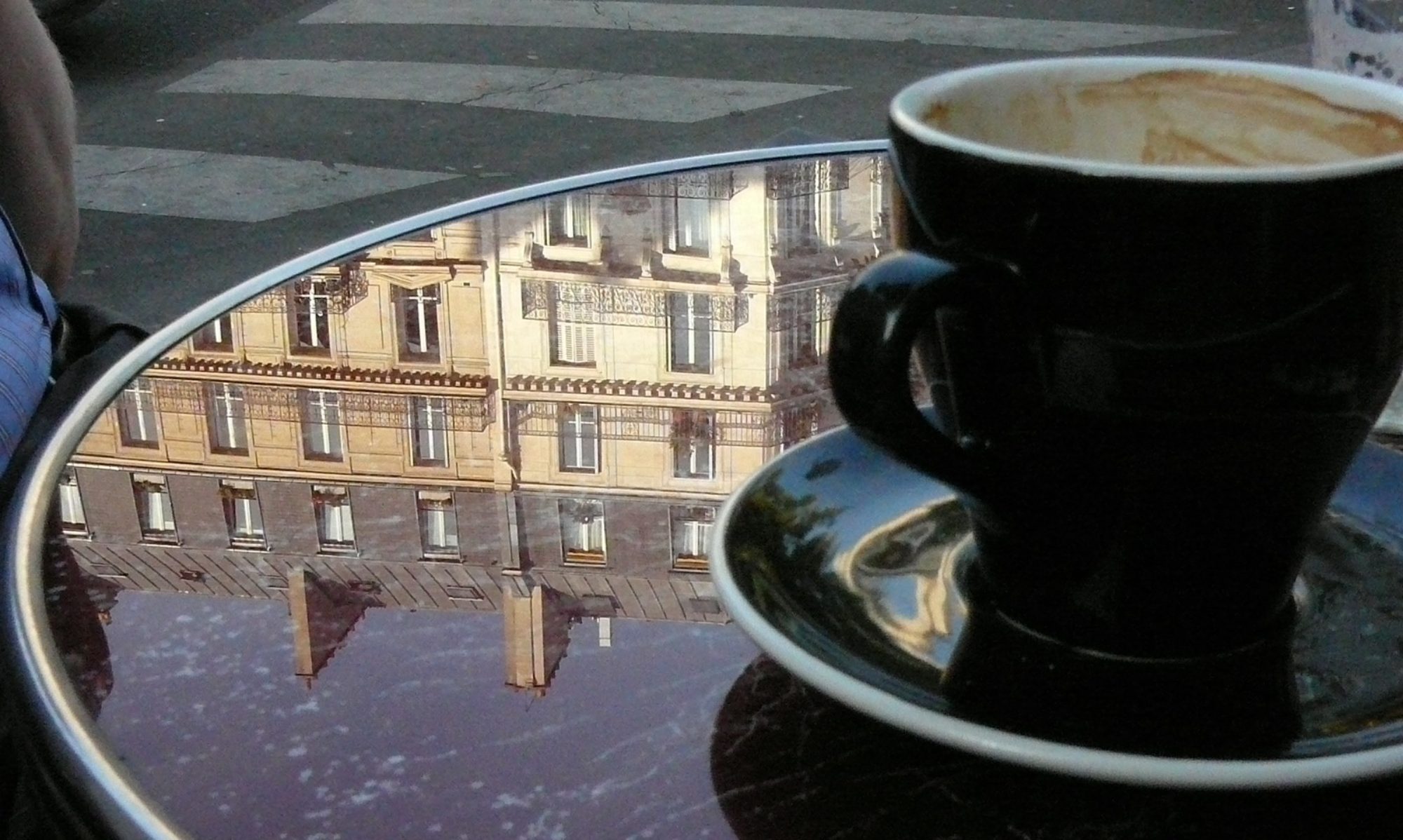Even if afflictions brought by PD were magically to disappear, he would still have the body and suffer the ailments of an old man
1967
God bless the child that’s got his zon
I’ll be there in spirit –> Slemon
https://alteritas.net/pastis/we-touch-from-afar/
https://alteritas.net/pastis/in-the-eyes-of-a-dumb-beast/
https://alteritas.net/pastis/what-is-the-good-life/
https://x.com/barackobama/status/1849626545700188313?s=61&t=u3KfCLKDYzNWBG_B9YfClg
Retribution, Reparation …
Bebop to HipHop Dan Sheff thurs 10-12
Reification is one of the contributions high marxist theory and practice to contemporary thought as practiced by a Lukacs (which derives from Marx (for ex the works of xxx)
Which many 21st century Chinese poeticians would shake a finger at but which I, as someone with mere smattering Chinese, think is pretty damn good.
Huddle cuddle
Raton Pass
E-chabooks
Michael B really is for me heart of Houston,
I used to smoke . We usted to smoke together, so I fully understand the nature of that desire
Hypo versis hyper textuality. Hypo is concrete poetry
Etymology of “intelligence” inter + leger select among
I write poems to have some I understand.
Dissonance
Al three sonic words
Activate
There’s a word
In my youth I went thru a jejune Ezra Pound phase which dudnt end until I entered grad school
Wine is a material concoction which becomes a commodityHoustonians are rather were cmin oossession of a great sense of language as concrete
